Generator Maintenance
Ensuring Safety Through Proper Generator Maintenance
Generators are essential devices that provide power during emergencies or in areas where electricity supply is limited. However, owning a generator comes with the responsibility of ensuring its proper maintenance to ensure safety for both the equipment and those around it.
Regular maintenance is crucial to keep a generator running efficiently and to prevent accidents. Here are some key maintenance tips to prioritize safety when it comes to generator operation:
Regular Inspections: Conduct routine inspections of the generator, including checking for leaks, loose connections, and any signs of wear and tear. Addressing issues promptly can prevent them from escalating into serious problems.
Fuel System Maintenance: The fuel system of a generator should be kept clean and free of any debris or contaminants. Regularly inspect the fuel lines, filters, and tank for any signs of damage. Stale fuel should be replaced with fresh fuel to ensure optimal performance.
Oil Changes: Regular oil changes are essential to keep the engine running smoothly. Dirty or old oil can affect the performance of the generator and lead to breakdowns. Follow the manufacturer's recommendations for the type and frequency of oil changes.
Battery Care: The generator's battery plays a crucial role in starting the engine. Ensure that the battery is kept charged and free of corrosion. Regularly test the battery and replace it if necessary to avoid unexpected failures.
Cooling System Maintenance: The cooling system of the generator is responsible for regulating the engine temperature. Check the coolant levels regularly and inspect the hoses and connections for any leaks or damage. Overheating can lead to serious damage to the engine.
Exhaust System Inspection: The exhaust system of the generator should be inspected for any blockages or leaks. Proper ventilation is essential to prevent the buildup of harmful gases such as carbon monoxide. Ensure that the exhaust is directed away from buildings and living areas.
Load Testing: Periodically test the generator under load to ensure that it can handle the required electrical load. This will help identify any potential issues with the generator's performance and capacity.
Safety Measures: Always follow safety protocols when operating the generator, such as keeping it outdoors in a well-ventilated area, away from flammable materials. Install carbon monoxide detectors in the vicinity to alert you to any dangerous levels of gas.
Training and Awareness: Ensure that anyone who may need to operate the generator is properly trained in its use and safety procedures. Make sure they are aware of the risks associated with improper operation and maintenance.
Emergency Preparedness: Have a plan in place for emergencies, including power outages and generator failures. Regularly test the generator and review the emergency procedures with all relevant personnel.
By following these maintenance tips and prioritizing safety, you can ensure that your generator remains reliable and safe to use. Proper maintenance not only enhances the performance and lifespan of the generator but also reduces the risk of accidents and hazards. Stay safe and keep your power supply secure by staying on top of generator maintenance.
Click here to read why you should invest in a standby generator for your home or business.
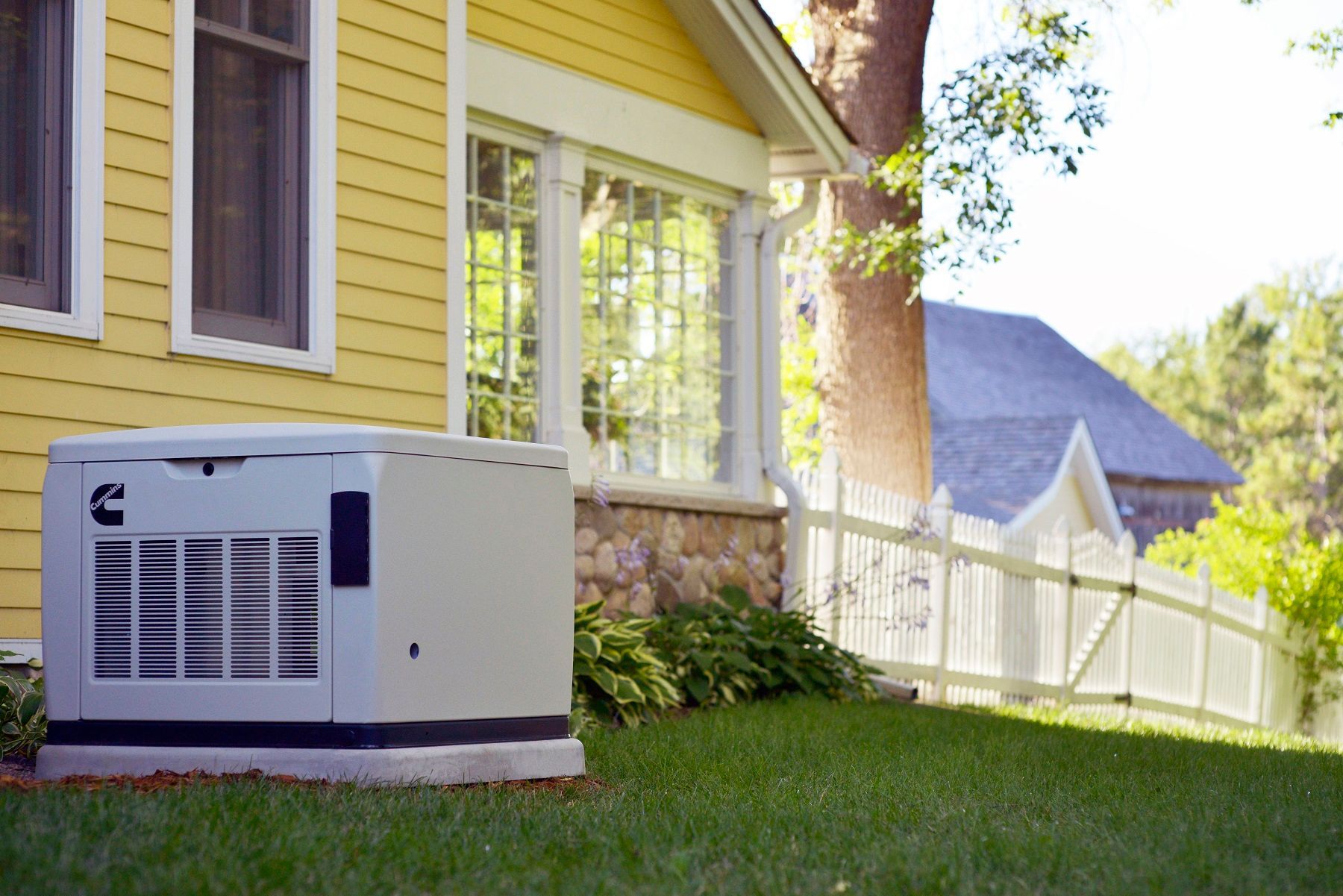
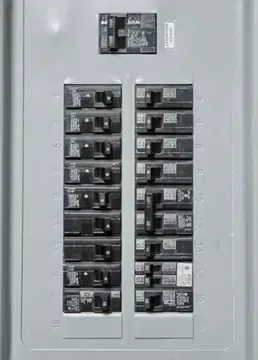
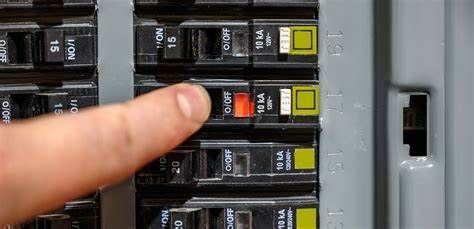
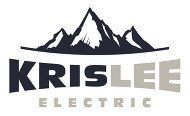

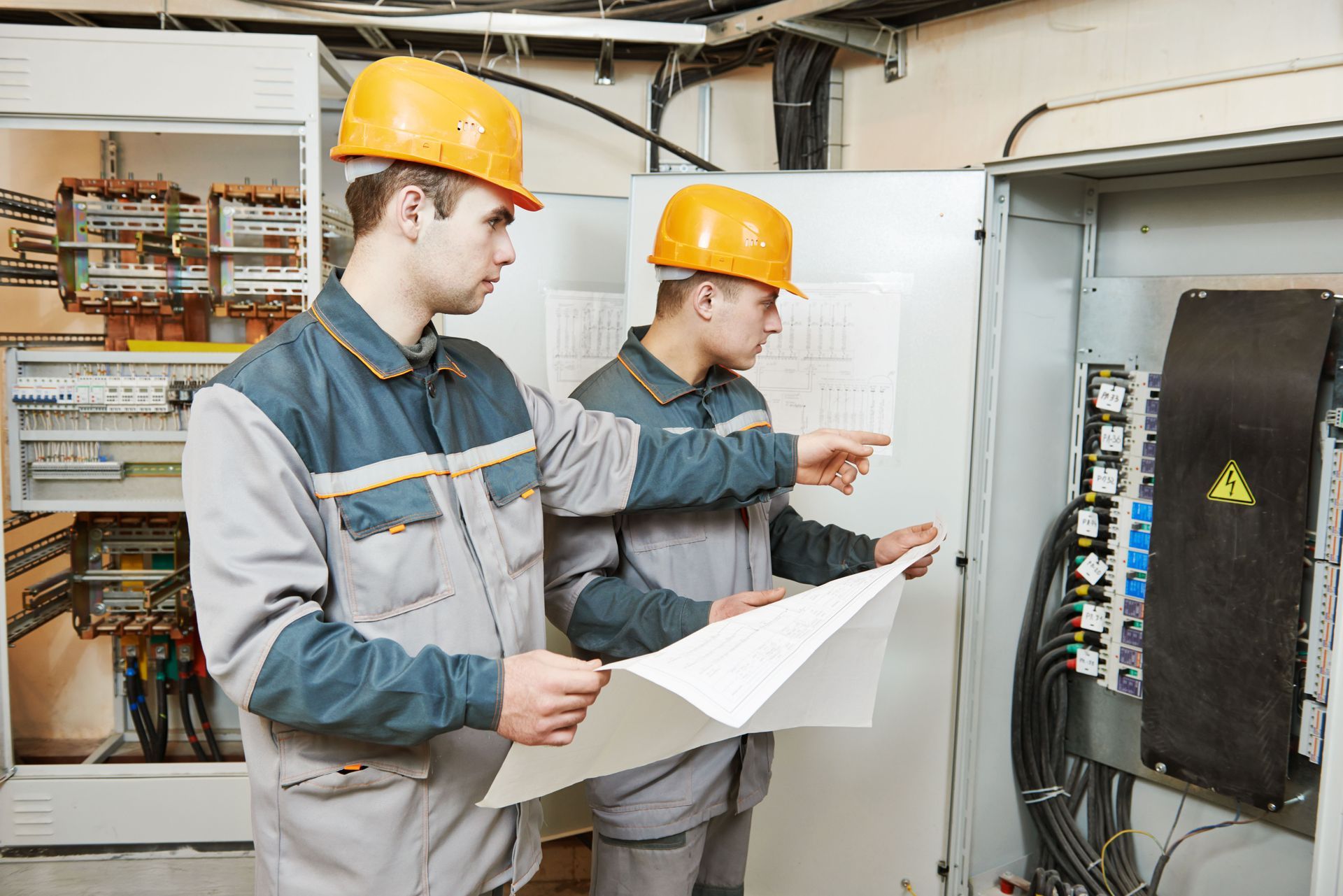
Share On: